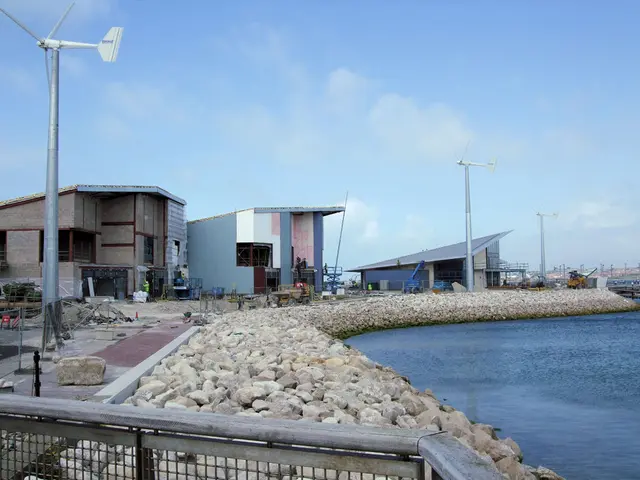Microsoft Stops Providing New Licenses to Russian Businesses
Rewritten Article:
Here's the scoop on Microsoft's latest move: word on the street broke out via a technical support letter, revealing that ol' Mickey Soft won't accept cash from Russian banks for their services, effective as of now. Their employees dropped the bomb, letting us know that come September 30, 2023, renewing existing subscriptions will no longer be an option.
Now, this ain't your regular advert for new products. Back in the day, when Putin started his special military operation in Ukraine, rumors swirled that Microsoft hit the brakes on selling new goodies in Russia. Moreover, Russian clients found themselves without Microsoft's blessings, receiving nada from the Corporation.
Summer of 2022 was a bummer for Russian Windows 10 and 11 peeps, who faced some nasty restrictions installing the OS. And if that ain't enough, just a few months ago in April 2023, Microsoft said adios to warranty service for Xbox consoles in Russia.
Microsoft hasn't exactly come out and said why they're stopping the payments from Russia. But with all the geopolitical drama and sanctions screwing around with Russia, perhaps that's what's pushing the tech giant to take this step.
As for the reason behind Microsoft no longer accepting payments for its services within Russia, it hasn't been explicitly stated. However, it's known that they won't be renewing licenses for Russian companies past September 30, 2025[2]. So, it's possible that this move has something to do with broader geopolitical tensions and economic pressures.
- The latest decision by Microsoft to halt cash transactions from Russian banks for their services adds another layer to the ongoing tension between technology and politics, as the society and general news continue to follow the financial and business implications.
- Amidst the global financial landscape, Microsoft's decision to stop renewing licenses for Russian companies could have significant impacts on the local business sector, with observers linking it to the broader geopolitical tensions and economic pressures.




